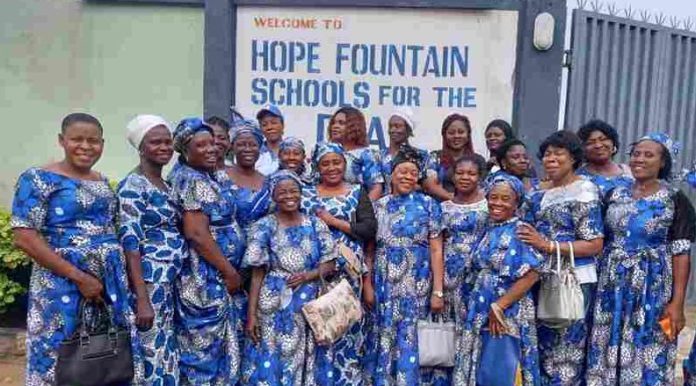The International Charitable Initiative for Girl Child and Woman Development Foundation (ICI-GWODEF), a non-governmental advocacy organization also known as the Girl Child and Woman Foundation , recently marked the 2023 edition of the UN Day of the Girl-Child, by bonding with the students of Hope Fountain School for the Deaf, located at Ojokolo, a suburb of Lagos. The United Nations has set aside the 11th of October of every to the issues aforementioned.
NEWSWIRE Law & Events Magazine reports that the school’s founder, Mr. Anthony Nwokolo was on hand to receive the dignitaries who graced the event, namely, the ICI-GWODEF President, Barr. Mrs. Helen Nchedo Ibeji, who was accompanied by Barr. Juliet Chika Ohanyiri, the organization’s Secretary; its Financial Secretary, Mrs. Olivia Nkoli Okaro; Mrs. Gloria Mmerim Uwaga (Assistant Secretary); as well as Mrs. Owobi Atu (Welfare) and others.
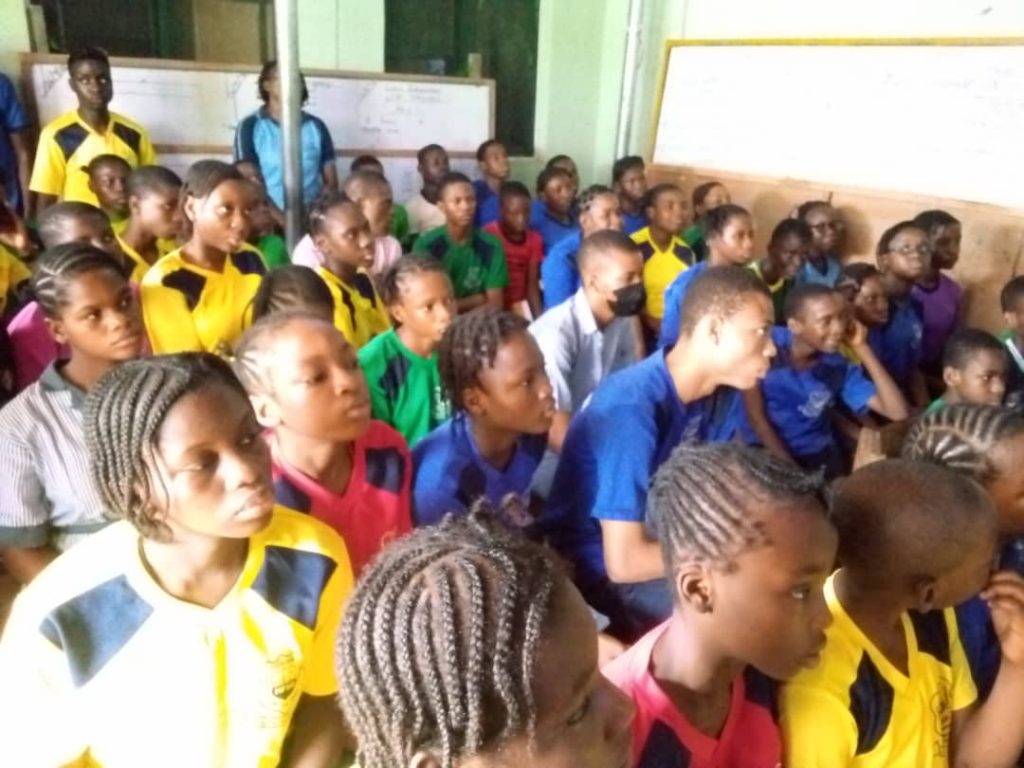
Speaking on the theme of this year’s commemoration, “Investing in Girls’ Rights: our Leadership, our Well-being” the Guest Speaker at the event, Mrs. Romoke Ojukwu stated that women were humans who needed the same fundamental rights, such as education, a life free of violence, a fair wage for their labour, and the right to vote and be voted, etc. She lamented, however, that across the globe, women are still being denied these rights, simply because of their gender. She urged all stakeholders in the progress of the family and the society to invest in the girl child in order to bring about sustainable development and good governance. The protection of women’s rights, she emphasized will make the world a better place, adding, “Gender equality and the empowerment of women and girls is not just a goal in itself, but a key to sustainable development, economic growth, peace and security.”
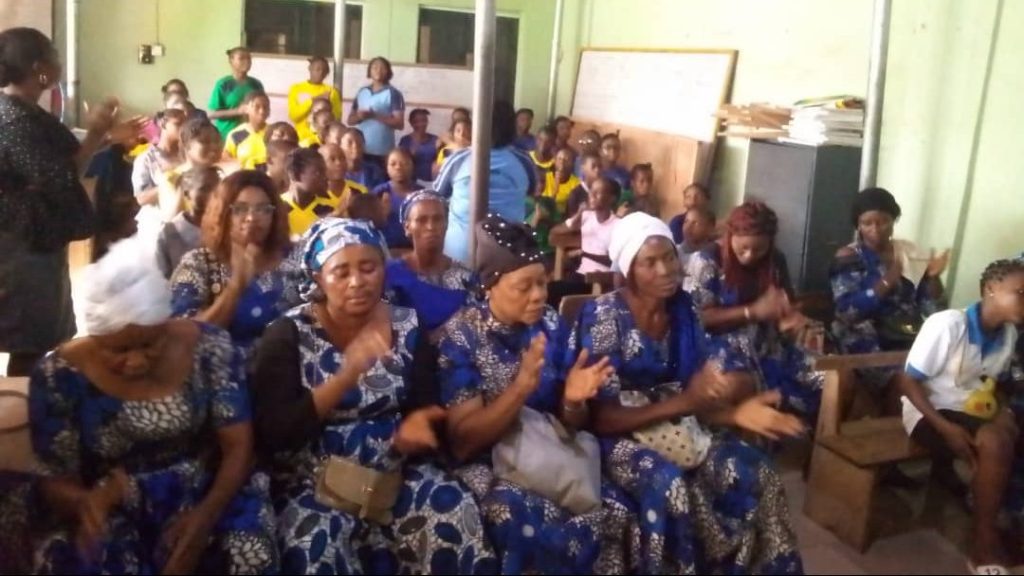
Mrs. Ojukwu listed these rights to include the right to live free from violence and discrimination; to enjoy the highest attainable standard of physical and mental health; to be educated; to own property; to vote; and to earn an equal wage.
She went on to list a number of benefits that accrue to society as a result of the protection of girls’ rights, namely:
- Reducing Extreme Poverty: Gender equality, she said, was one of the most effective ways to fight extreme poverty and build healthier, wealthier, and more educated communities. She disclosed that, per recent studies, women reinvest up to 90% of their incomes back into their families, compared to just 30-40 % by men. Mothers also provide better nutrition and health care and spend more on their children. Investing in women and girls, therefore, creates long-term social and economic benefits for all individuals, their communities, and the world as a whole.
- Increase in girl schooling increases their value. According to the speaker, over 31 million girls around the world don’t have the opportunity to pursue an education, with the undeveloped world contributing the bulk of global out-of-school figures. In these societies, they are taken out of school and forced to work or to marry. Educated girls and women, on the other hand, are healthier, have the skills to make choices over their own future and can lift themselves, their communities and their countries out of poverty. Even one more year in school, said Mrs. Ojukwu, makes a difference – as has been seen in countries like India. If India enrolled 1% more girls in secondary school, estimates are that the country’s GDP would rise by another $5.5 billion.
- Guarantee Universal Access to Sexual Reproductive Health & Rights : 222 million women today lack access to family planning services, information and contraception. If we doubled investment in family planning, Mrs. Ojukwu stressed, we could reduce unintended pregnancies by 68%; avert newborn deaths by 35%; and reduce unsafe abortions by 70%.
4 . End Teen Pregnancy: Each year, an estimated 16 million girls between the ages of 15 and 19 give birth, most of them – and the prior pregnancies – unplanned. Girls who become pregnant are forced to leave school and are prone to high health risks. The number one cause of death for girls is childbirth. By delaying teen pregnancies, girls are able to stay in school, invest in their futures and have healthier children when they are ready.
- Stopping preventable maternal deaths: In a given year, approximately 300,000 women die from complications related to pregnancy and childbirth. Maternal mortality is much higher in poor communities and rural areas; 99% of all maternal deaths occur in developing countries – most of them preventable. When women have access to health services and information by skilled health professionals during pregnancy and childbirth, this can make the difference between life and death — for the lives of women and their newborn babies.
- Eradicating child marriage: 14 million girls are married before the age of 18 every year. In the developing world, poverty and traditional gender roles magnify this problem. Young girls who are child brides become trapped in poverty without access to education and employment opportunities. When girls have the opportunity to complete their education through secondary school, they are up to six times less likely to be married as children than girls with little or no education. Educated girls are also less likely to have unintended pregnancies as teenagers. 7. Equal Employment Opportunities: Women work two-thirds of the world’s working hours, and produce half of the world’s food, but earn only 10% of the world’s income and own less than 1% of the world’s property. In order to achieve gender equality, women and men must have equal employment opportunities and receive equal pay. 8. Food security: Women are a central part of the global quest to end hunger and poverty. Yet, female farmers face numerous constraints: they own less land, cultivate smaller plots of land, and have a harder time accessing credit. If we want to reduce poverty and end hunger, we must give women access to the resources they need for agricultural production and participation. This could a) increase farm yields by 20-30% Increase agricultural output by 4 %, and b) reduce the number of hungry people in the world by 150 million 9 . Combat gender-based violence: One in three women and girls worldwide, will experience violence in their lifetime. Gender-based violence comes in many forms: torture, rape, sexual trafficking, and domestic violence, including beatings during pregnancy. It affects women and girls at any age, in any country. Violence is a major cause of poverty. It prevents women from pursuing an education, working, or earning the income they need to lift their families out of poverty.
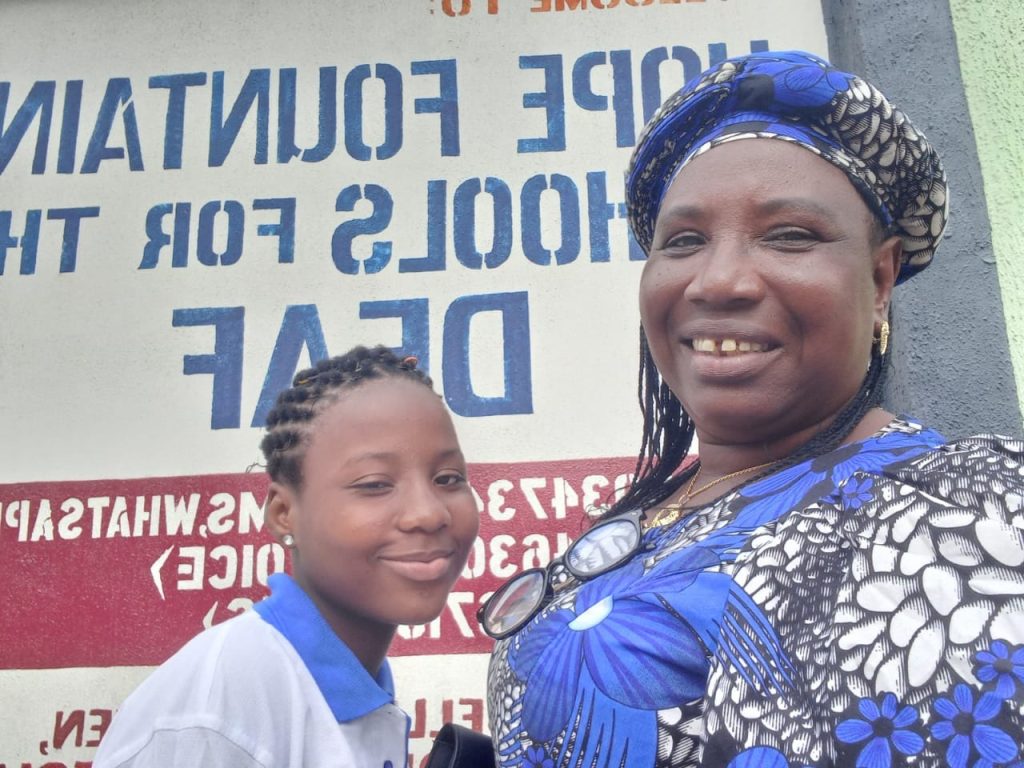
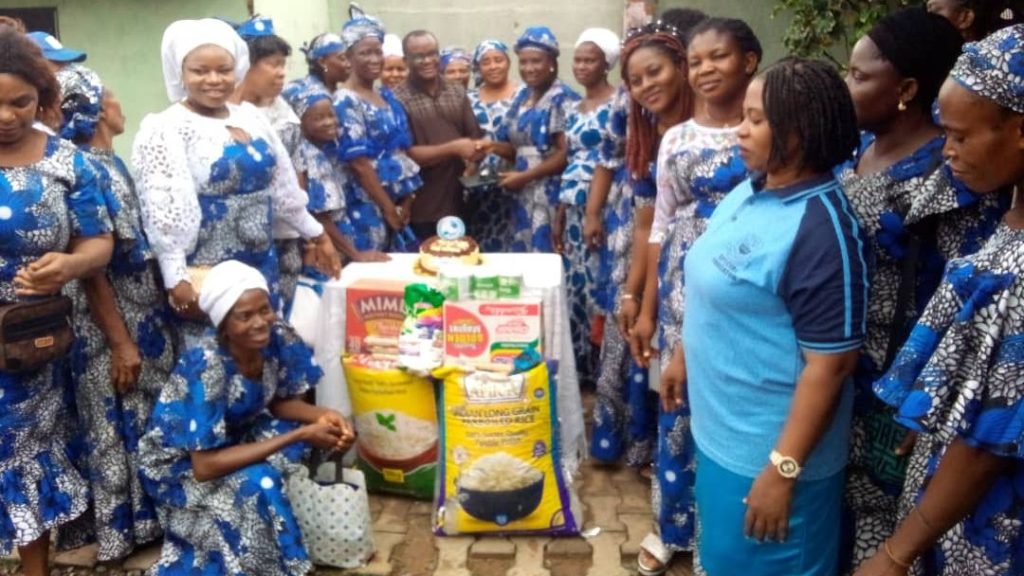
-Advertisement-
Grab our latest Magazine, "Kelechi Amadi-Obi - Transcending the worlds of Law, Visual Art and Photography". Get your order fast and stress free.
For more details about Newswire Law&Events Magazine, kindly reach out to us on 08039218044, 09070309355. Email: newswiremagazine@yahoo.co.uk. You will be glad you did
Download E-MagazineDo you want to be heard, your events covered, your articles published, or need to advertise your products and services on our Blog and Magazine, reach out to us at Newswire Law and Events, you will be glad you did. For more details about our services, please call: 08039218044, 09070309355. Email: newswiremagazine@yahoo.co.uk



